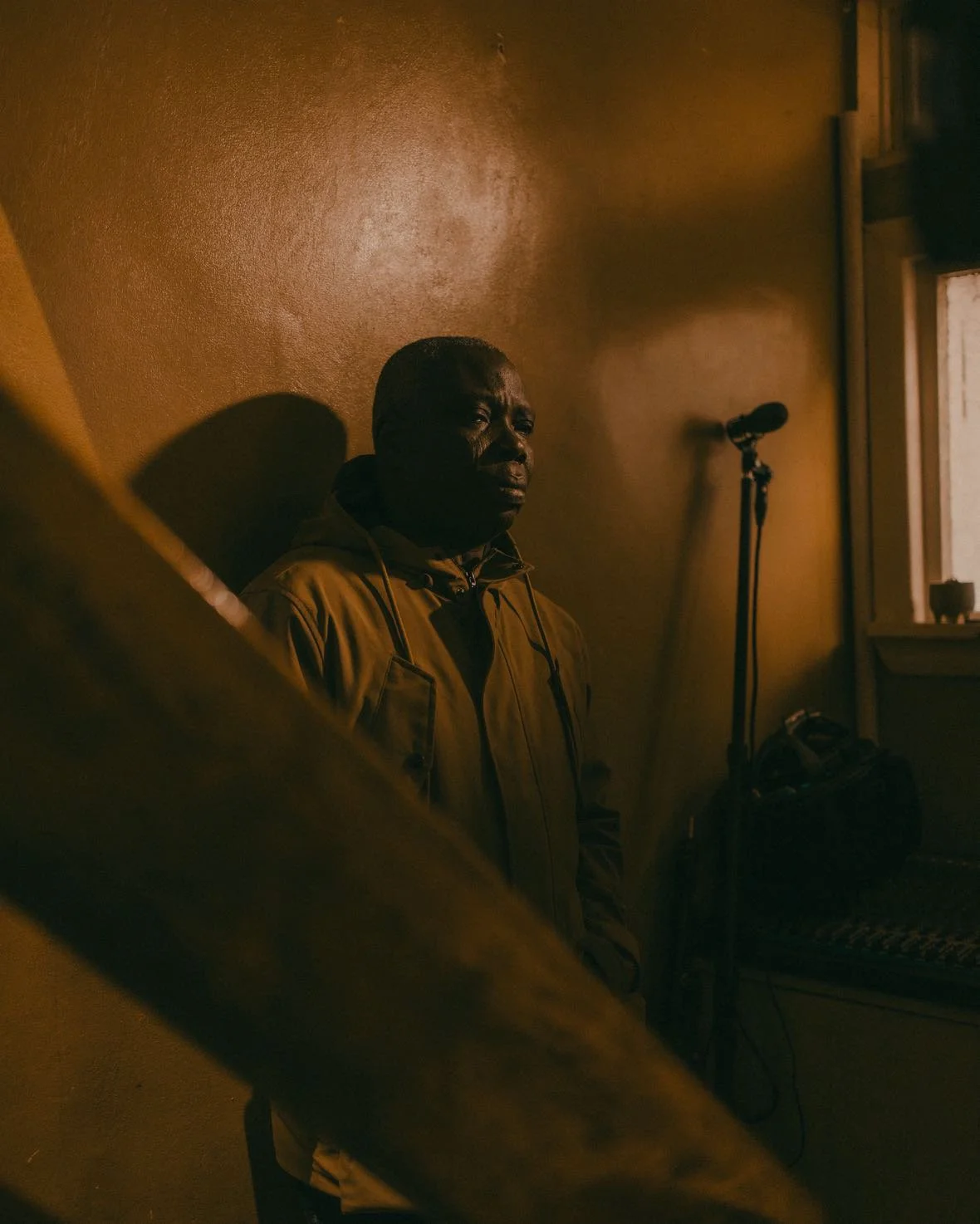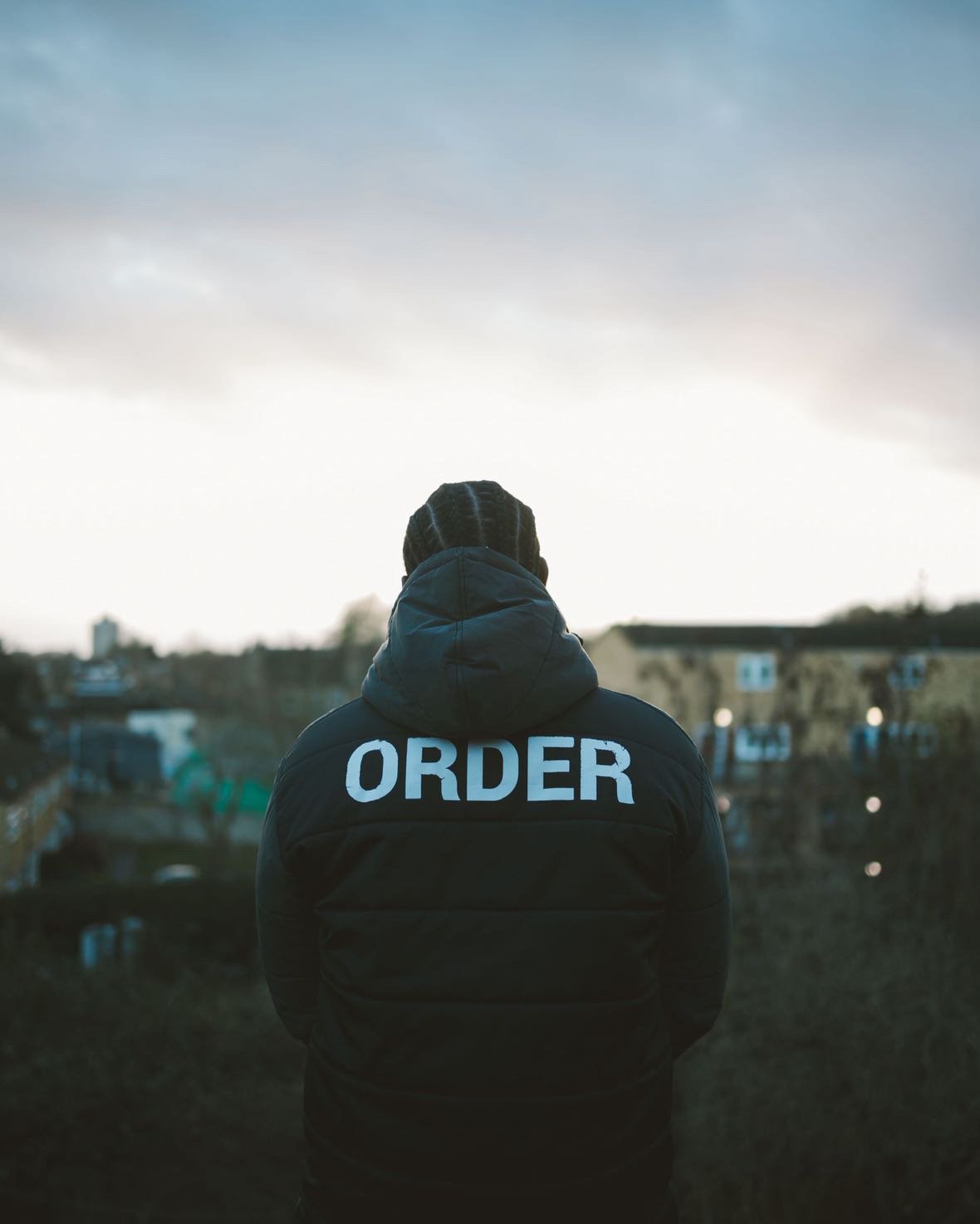Family, Masculinity and Fatherhood Explored At OMO’S Film Exhibition
Image by Ali Quayson, OMO’s Exhibition, Father’s Son documentary presented by Boy Wonder Films
There was a time in my early teens when I became completely obsessed with my origins and heritage. I had been used to cultural misinterpretations and British ideas about Caribbean and African people, which weren’t always accurate, as well as confirming the Black experience of having immigrant parents.
I became interested in the essence of being Black and cultural conversations; there’s a strong aspect we discuss, which is different. Over the years, barriers have been broken after decades of resistance to change for Black voices in society. Even opportunities for Black filmmakers are still limited due to systemic racism, but Black artists continue to produce remarkable and culturally significant work across many genres and styles. The importance of Black cinema’s storytelling from our communities, along with the visibility of its creators, both on and off camera. This colourful, warm, and comforting, operating on the realist lines of a migrant story, but also rewrites the relationship between father and son.
It's a late summer’s evening, on Father’s Day, when I first meet Nelson Adeosun, in the lobby of a central London establishment, after the Boywonder film showing of his movie OMO. “The ability to have my people watch films that they understand and make it universal is one of the beautiful gifts.” The director and screenwriter Nelson Adeosun tells BLK Brit, highlighting the experiences he had as a young male in South London and the significant influences on his career. “I grew up around the mandem, really, on the block, and I think a lot of people pretend that’s a bad thing. The ability to have my people watch films that they understand and make it universal is one of the beautiful gifts.” Adeosun tells BLK Brit, reminiscing about the start of his joy and growing desire to explore others’ tales. “So, I don’t see any experience as bad or any past as a bad past, I just see it as a story. It inspired my filmmaking, to be honest, and made me see the best and the worst, because there are redeeming parts.”
Image by Ali Quayson, OMO’s Exhibition, Father’s Son documentary presented by Boy Wonder Films
With this rich memory in Nelson’s mind, BLK Brit asked about the support system within the Black community, creatively exploring how we navigate one another. Without hesitation, Nelson responded, “We are not the people calling the shots at the top, so sometimes we feel like the only ones when we shouldn’t, there’s not only space for one.” As he continues, "It can breed a competitive side between us, we don’t even see the white people, we see the Black people as competition. But when we begin to work together, it can be beautiful, and we understand each other.” The Omo short film was co-produced with Biscuit Filmworks and became a short film sensation for the company, a story that resonates particularly closely with Black and Brown families. Omo is as much about the cultural upheaval for an African man in the late 1970s. In an experiment, Nelson has illuminated the experience of one story that has faced many battles.
Once the screening was over, the evening was spent with Nelson’s family, and the questions and answers had been brewing. I wasn’t surprised that the audience was loud with emotion and words. Instead of high criticism, there was an ambience of gratitude and happiness; the panel included Nelson’s father, who didn’t just steal the show, but gave the audience another fatherly bond unintentionally. “I can only help you understand why I only did what I knew how to do. Give your parents time as they have struggles too,” Nelson’s father responded. In every word that was spoken by Nelson’s father, it only displayed wisdom and love.
A dazzling moment behind the film, the panel (including the co-founder of Biscuit Film Works, Nelson and his father) followed the true ethos of Omo: spirit, rich history and family.
Nelson considers Omo one of the most important stories among our community, it was only right to understand the future with Nelson. “I’ve been directing a lot so far for work, I’ve done Netflix and BBC shows. But really, I want to start making larger productions, to become more of a voice and give the ability to bring other people up and give others a voice to express themselves more and tell their story.”


